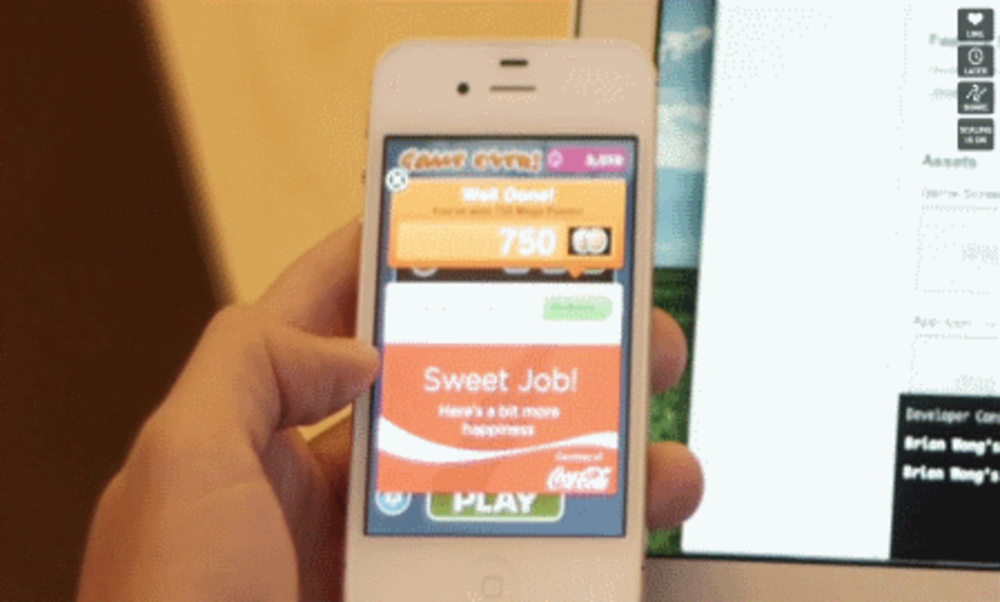A new study of how people react to different types of mobile ads confirmed what most of us suspected – we hate banner ads and popups.
IPG Media and mobile-rewards platform Kiip teamed up to conduct a study on the emotional responses people had to different ad formats and determine their levels of engagement. The study utilized facial recognition and biometrics software, as well as follow up survey questions to gauge the engagement levels of the 1344 participants for factors such as brand awareness, emotional intensity, intent to buy and brand favorability. In almost every case, mobile rewards performed better than banner ads.
Here are the numbers:
Intent to Purchase – Rewards drove an 82 percent lift in purchase intent, while banner ads garnered only a 6 percent lift.
Widespread Appeal – Purchase intent with rewards consistently outperformed banner ads regardless of the app vertical (e.g., productivity, gaming) or industry the brand belonged to (e.g., CPG, automotive, entertainment).
Brand Perception – Rewards rewards increased respect for a brand by 14 percent, whereas banner ads decreased respect by 7 percent.
Brand Recall and Favorability – Though ads generated higher brand recall than rewards, the study found they actually hurt the brand by decreasing its favorability by 6 percent; however, rewards from the same brand boosted favorability by 10 percent.
Now it goes without saying the study results should be taken with a pinch of salt since they were conducted by Kiip, the maker of a mobile marketing platform that allows brands to reward users for in-app activity. However, it isn’t a stretch to see that highly targeted, rewards based advertising is far more effective than simple display ads.
Kiip CEO Brian Wong says the study vindicates the effectiveness of not just his company’s product, but the entire scope of moments-based advertising, especially compared to banner ads. “Just because your brand has a presence on mobile, it doesn’t mean you’re helping,” says Wong. “Banner ads may increase awareness, but they actually decreased favorability for the brands showing them, confirming a hunch we had about them.”
Wong also welcomed Apple’s recent move to ban incentivized app ads which reward users only if they share on social, view a video or consume some other piece of content they don’t want to. “This is great news for us, because we surprise and delight app users at the relevant moments in the day, rather than have a micro-bribery dynamic.”
Chad Stoller, managing partner at IPG Media Labs said the study highlighted the importance of relevant moments-based advertising as opposed to showing ads at random points of the day. “Our data indicates that rewards allow brands to congratulate consumers at moments when happiness, attention and engagement levels are highest,” says Stoller. “By leveraging our insights to the marketing challenge of effective mobile media, brands can elevate points of activation in innovative and proven manners.”
Wong confirmed that IPG Media Labs was in the process of developing its own moments-based advertising platform which would allow for real-time in-app advertising opportunities, based on specific events such as the weather, sporting events and news.
To read the entire mobile engagement report from IPG Media Labs and Kiip, click here.








